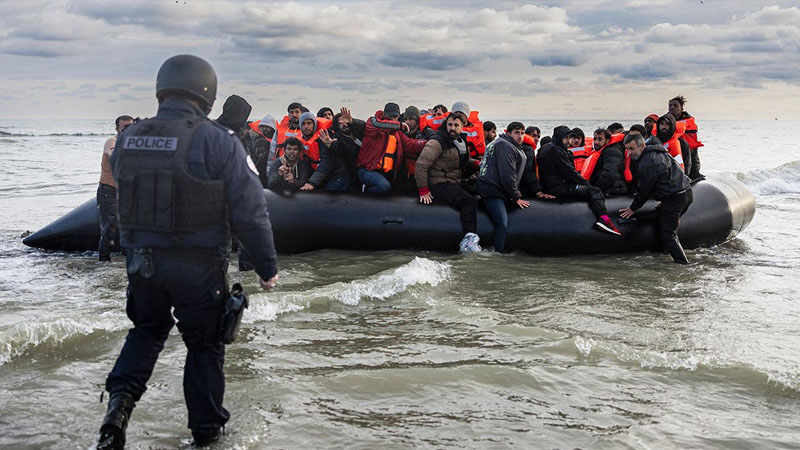
New Bombshell Plan Could End the Channel Migrant Hotel Crisis Nightmare
Baroness Jenny Chapman has stirred up debate after revealing the Government is looking into letting failed asylum seekers appeal their cases from abroad – and not while staying in UK hotels on the taxpayer’s tab. Speaking to the Daily Express, she said there’s “no legal reason” why more people can’t lodge their appeals after returning to their home countries.
With a growing number of migrants waiting on appeals, the cost of housing them in hotels has shot up. More than 38,000 are currently living in hotel rooms, costing £5.5 million a day – that’s £145 per night compared to just £14 in other forms of housing like bedsits or shared flats.
Baroness Chapman pointed out that there are countries people can be returned to, even if they’re appealing a rejected asylum claim – just not conflict zones like Sudan or Afghanistan. She said, “If they’ve applied for asylum here and their application has been declined, there’s no legal reason, in many cases… not to send people back.”
At the moment, asylum seekers can only appeal from abroad if they’ve already been given that legal right. But that means many are stuck here while legal proceedings drag on, often staying in hotels for months – or longer. Chapman made it clear she thinks this needs to change, saying the current system of housing people in hotels for extended periods while they exhaust every legal route “isn’t the right way to think about this.”
She also confirmed that British diplomats are talking to a number of countries to strike new return agreements, and some progress has been made. “We’ve got 24,000 who have been returned since July,” she said, with negotiations ongoing across Europe, Africa, and Asia.
Chris Philp, the Shadow Home Secretary, doubled down on tougher action. He said the only real solution is to remove illegal migrants quickly to safe third countries – like Rwanda – arguing it would stop the small boat crossings altogether. “Other countries should take back their own nationals anyway when asked by the UK,” he said.
Chapman, however, remains unconvinced by the Rwanda scheme, saying it didn’t actually work as a deterrent. For her, the key lies in speeding up decisions. “A good deterrent is faster processing,” she said. “So when people arrive, they get returned as quickly as possible.”
The backlog is clearly a problem. At the end of September 2024, over 133,000 people were still waiting on initial decisions, with nearly 84,000 waiting more than six months. And crossings continue, with over 6,600 migrants arriving by boat this year alone.
